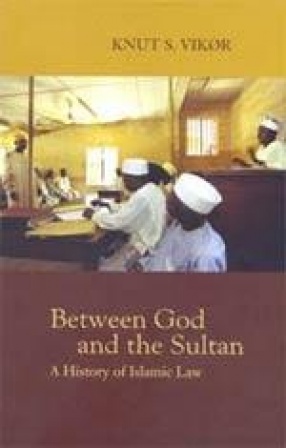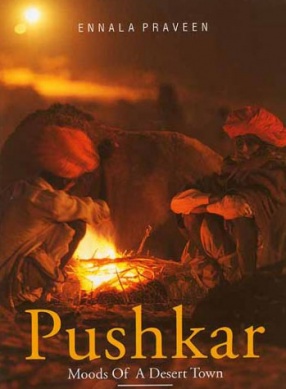Today’s discussions on Islam and the place religion should have in society often lead to questions about the Shari’a Islamic law. Those who work for a political role for Islam demand that the Shari’a must be applied in their country, while those critical of Islam use the law as proof of its ‘medieval’ character. Islam is sometimes, not quite justly, called a ‘religion of rules’, and the rules of Islam are the Shari’a. But it is often hard to establish the exact nature of this law in more practical terms. Asking those favour it or those who oppose it may only lead to greater confusion. Often a rule and its exact opposite can both be said to be ‘what the Shari’a says; and what God demands of the believer. It may even be questioned if there is any Shri’a at all in the workaday world, or a body whose secrets are known only to God. At the same time people may be stoned or mutilated in the name of this law. The key is the concept of ‘religious law’. This is almost a contradiction in terms in our modern conception of the world; ‘religion’ is faith in a non-material force of some kind, and something we consider internal to the human soul. ‘Law’, on the other hand, is external to us, established by society in order to regulate the material needs of the community. The contrast between ‘religion’ and ‘law’ has been continuous throughout Muslim history. Islamic law has always exited in a tension between these two forces: God, who gave the law, and the state-the ‘sultan’ – representing society and implementing the law. This tension and dynamic have created a very particular history for the law – in how it was formulated any by whom, in its theoretical basis and its actual rules, and in how it was Practiced in historical reality from the time of its formation till today. That is the main theme of the book. Knut S. Vikor aims in this book to introduce the development and practice of Islamic law to a wide readership: students, lawyers and the growing number of those interested in Islamic civilasation. He summarises the main concepts of Islamic jurisprudence, discusses debates concerning the historicity of Islamic sources of dogma and the dating of early Islamic law, in the formulation of legal rules and practice in the courts; and sets out various substantive legal rules, on such matters as the family and economic activity.
Essays on History & Reinterpretation
$27.00
$30.00




There are no reviews yet.